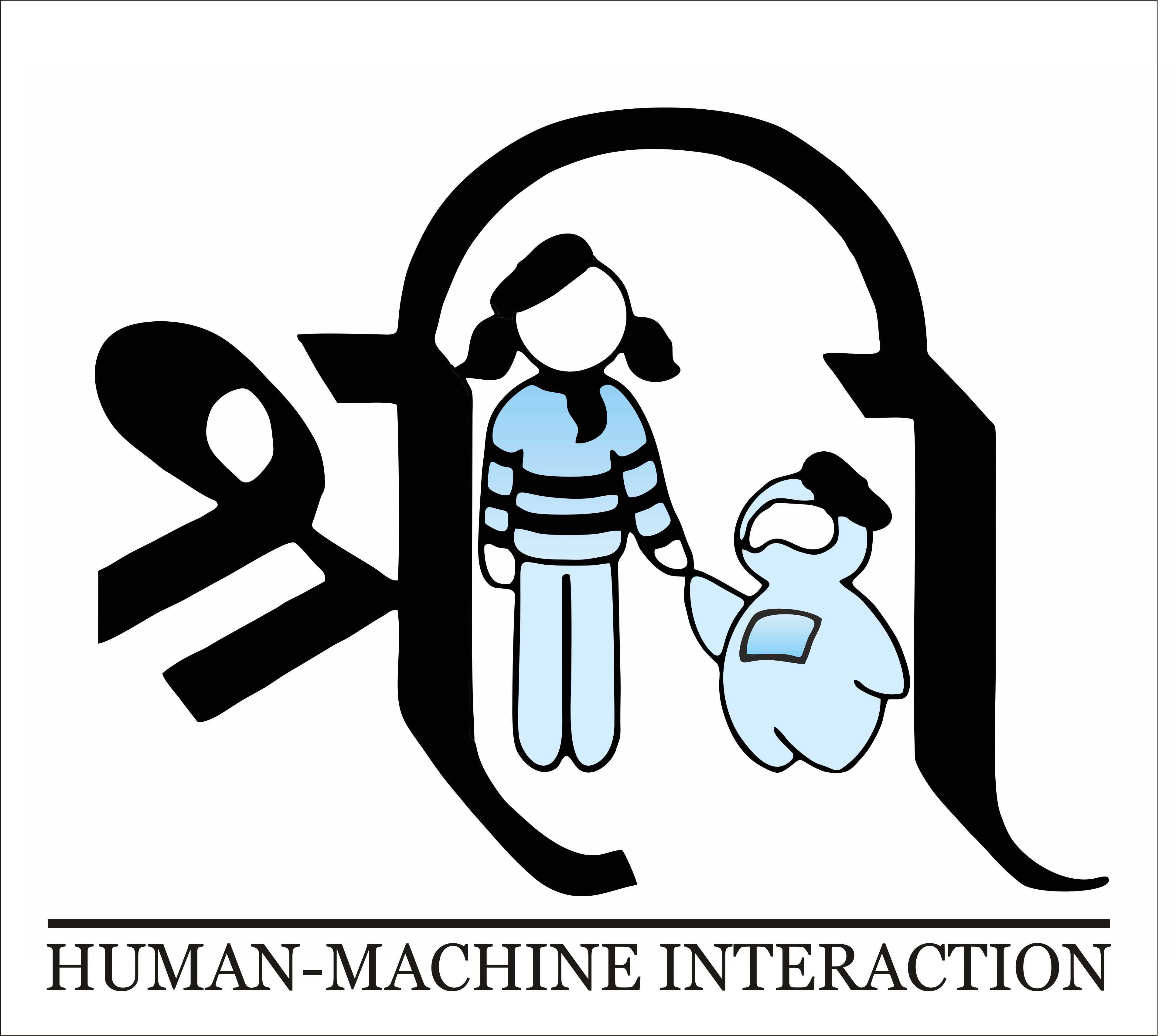Abstract
Autism is a developmental disorder under the broad spectrum of pervasive developmental disorders characterized by impairment in social interaction, communication skills, and repetitive and restricted behavior of the individual. The children diagnosed with ASD specifically benefit from early interventions, ideally between the ages one to five, as these interventions are designed to take advantage of the learning potential that the brain of a young child possesses. Hence early diagnosis of ASD is crucial in the development of these children. There are no biological markers for ASD and the diagnosis of ASD relies heavily on the behavioural observations made by the expert clinicians combined with assessments based on parent responses on the behavioural history of the child. The intricacies of the diagnostic procedure often led to misjudgment of the condition. Hence, robot-assisted diagnosis systems can be employed to improve the early detection of ASD in an automated assessment manner. We aim to create a model that can track child behaviour, quantify their state and assist the therapist in the diagnosis of the child. Multi-modal data collection and analysis will be performed for the child behaviour assessment and diagnosis. Our aim is to replace the labour intensive diagnostic procedure with a more objective and effective one with the help of social robots.
Team Members:
Ashwini B (IIIT Delhi), Vrinda Narayan (IIIT Delhi)
Faculty Supervisors:
Dr Jainendra Shukla
Collaborators:
Dr Sheffali Gulati (AIIMS), Dr Krishnaveni Achary (Delhi University)
Publication:
Ashwini, B. (2020, October). Robot Assisted Diagnosis of Autism in Children. In Proceedings of the 2020 22nd International Conference on Multimodal Interaction (ICMI), pp. 728-732, Utrecht, the Netherlands, October 25-29, 2020 (Virtual)
Ashwini, B. Vrinda Narayan, Ananya Bhatia, Jainendra Shukla, Responsiveness towards robot-assisted interactions among pre-primary children of Indian ethnicity. In 30th IEEE International Conference on Robot and Human Interactive Communication (ROMAN 2021), Accepted for publication, University of British Columbia and University of Waterloo, Canada, August 8 - 12, 2021 (Virtual)
J. Oliver, R. Oliván, J. Shukla, A. Folch, R. Martínez-Leal, M. Castellá, and D. Puig, “Stakeholders acceptance and expectations of robot-assisted therapy for children with autism spectrum disorder,” in 2019 28th IEEE International Conference on Robot and Human Interactive Communication (RO-MAN), pp. 1–7, IEEE, 2019
Shukla, J., Suri, V. R., Garg, J., Verma, K., & Kansal, P. (2019, October). Mapping robotic affordances with pre-requisite learning interventions for children with autism spectrum disorder. In 2019 28th IEEE International Conference on Robot and Human Interactive Communication (RO-MAN) (pp. 1-8). IEEE.
